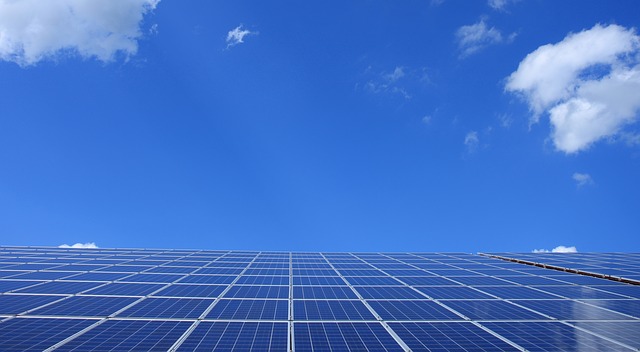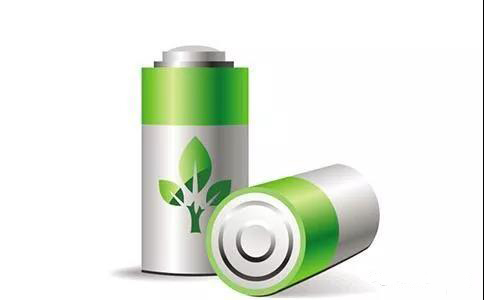What is the lifespan of a lithium-ion battery?
Oct 22, 2019 Pageview:1796
Do lithium-ion batteries degrade over time?
Lithium-ion rechargeable batteries require routine maintenance and care when handling and use. Lithium-ion batteries have a typical lifespan of around two to three years. Alternatively, 300 to 500 charge cycles, so whichever reached first. One charge cycle is calculated as the period of use from fully charged to fully discharged and dully recharged once again.
Lithium-ion batteries have a limited life span and eventually will lose their ability to hold a charge. Unfortunately, this aging process (loss of capacity) is irreversible. As Li-ion batteries age the length of time they power the product will decrease, until they cannot power the device anymore.
It is worth noting that you should only use specified adapters to charge your batteries. Using an undesignated charger will not only harm your battery but can be very dangerous as you risk the hazard of fire.
How long do lithium-ion batteries last unused?
Lithium-ion batteries continue to slowly self-discharge when stored or even when not used. That is why it is recommended to check the battery status every now and then even the battery is not used.
The time Li-ion batteries take to self-discharge when stored depends on several things. The most important factor of those factors is the temperature the battery is stored in. Higher temperatures above 20oC reduce the battery storage life tremendously.
If by any chance, you are experiencing weather that is below the 0oC or above 40oC DO NOT, charge your battery at all. Charging batteries in these conditions may damage the battery and cause risk to your person as the battery may explode or catch fire.
Before storage, it is recommended to charge or discharge your Li-ion battery to around 40% and then store in a cool place like the refrigerator (do not use the freezer, and wrap your battery in an isolation cloth or bag). If you are going to store your battery for more than six months, then you need to charge your battery to around 50% every six months of storage (at least). When storing a Li-ion battery, remove it from the product. Do not store the battery while attached to the product.
If you performed the above steps when storing a Li-ion battery, you can reach a storage time of almost two and a half years.
Lifetime evaluation of the Li-ion battery is very tough to determine though. That is why; big companies are reluctant to issue a specific time warranty for Li-ion batteries. That is due to the fact that if you want to know the behavior or a Li-ion battery over the span of eight years, you have to actively test it for eight years in all conditions to make such a claim.
Why do lithium-ion batteries die?
Lithium-ion batteries are a problematic part of modern electronic devices. Unfortunately, until the moment these lines were written, there is no technology better than Lithium-ion to be used in batteries. Lithium-ion batteries have the tendency to lose capacity over time, this problem is called "aging of the battery". Unfortunately, it is irreversible and unavoidable.
To fully understand what really happens inside a Lithium-ion battery, we need to know the chemistry behind it. Anything that happened inside of a battery is a chemical reaction. The negative electrode is made of graphite material "same material found in your pencil". The positive electrolyte is made of a lithium transition metal oxide material. In healthy Li-ion batteries, ions flow freely between the two plates, the cathode "negative side", and the anode "positive side". This flow is what causes energy. When charging the battery, ions are forced to reverse their paths to flow from the cathode to the anode instead, using what is called the battery reverse flow.
Over time, this process -the reverse flow- wears the cathode down, which in return reduces the battery capacity. For high-end Li-ion batteries, after you hit the 1000 charge cycle, the capacity is reduced to only 20% of its original capacity. To fully imagine this process, imagine that whenever you recharge your electronic device you shave a few seconds of its maximum battery life. Take into consideration that discharging and charging your battery in erratic weather conditions will decrease your battery's life span dramatically.
A Li-ion battery is in a state of constant lose of charge -unless you are charging it-. According to Cadex Electronics, a battery testing firm, fully charged Li-ion battery will lose around 20% of its capacity when stored for a year in optimum conditions. And an empty Li-ion battery will fall into a deep discharge state, where the battery's protection circuit will kick in locking the battery and its ability to recharge once again. To recharge a battery reached a deep discharge state you have to go to a specialist at it is a safety hazard to try to do it yourself.
The degradation of Li-ion batteries has nothing to do with the structural degradation of the electrode materials inside the battery during the charge and discharge cycles.
- Prev Article: What has a lithium-ion battery?
- Next Article: When to charge a Li-ion battery?
Leave Message
Hottest Categories
-
Hottest Industry News
-
Latest Industry News











